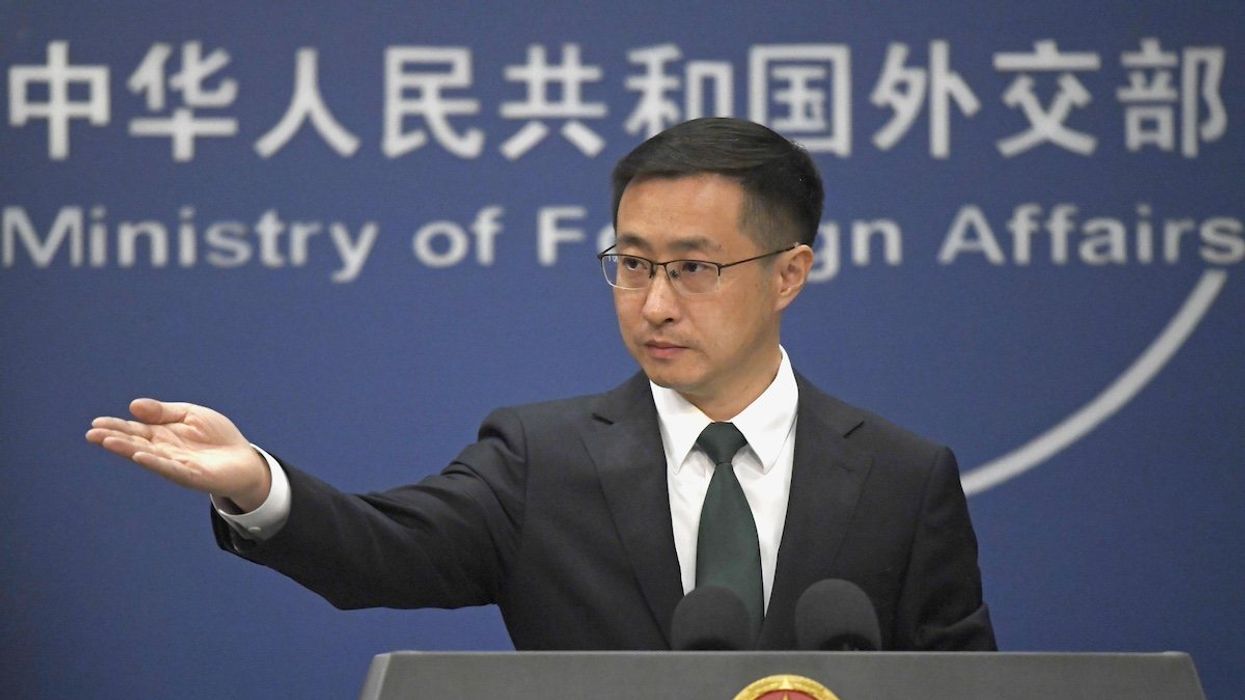What We're Watching
China tells NATO to butt out
China’s foreign ministry on Thursday warned NATO not to bring “chaos” into Asia and accused the alliance of seeking security at the expense of other countries after it labeled Beijing a “decisive enabler” of Russia’s war on Ukraine.
Jul 11, 2024

